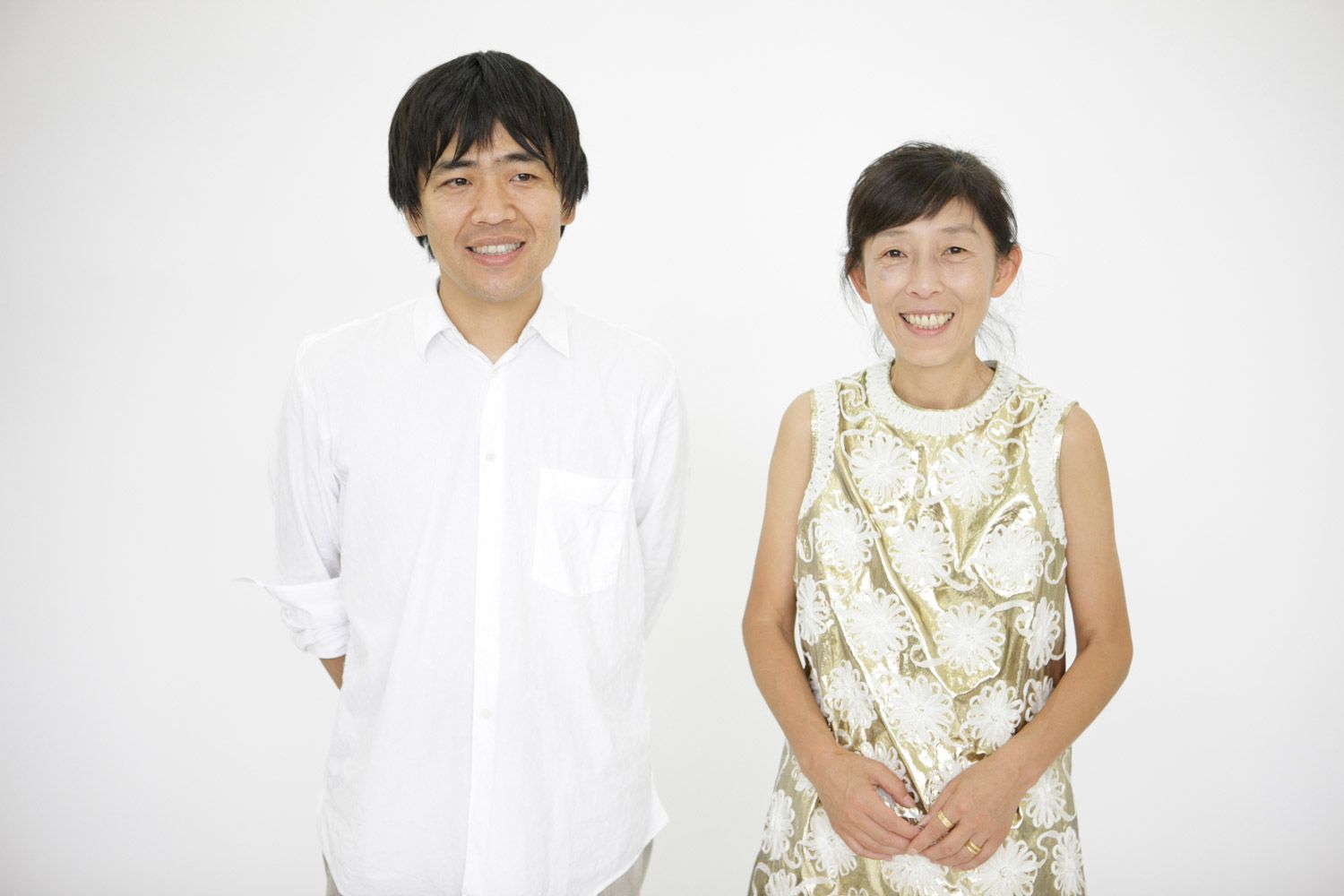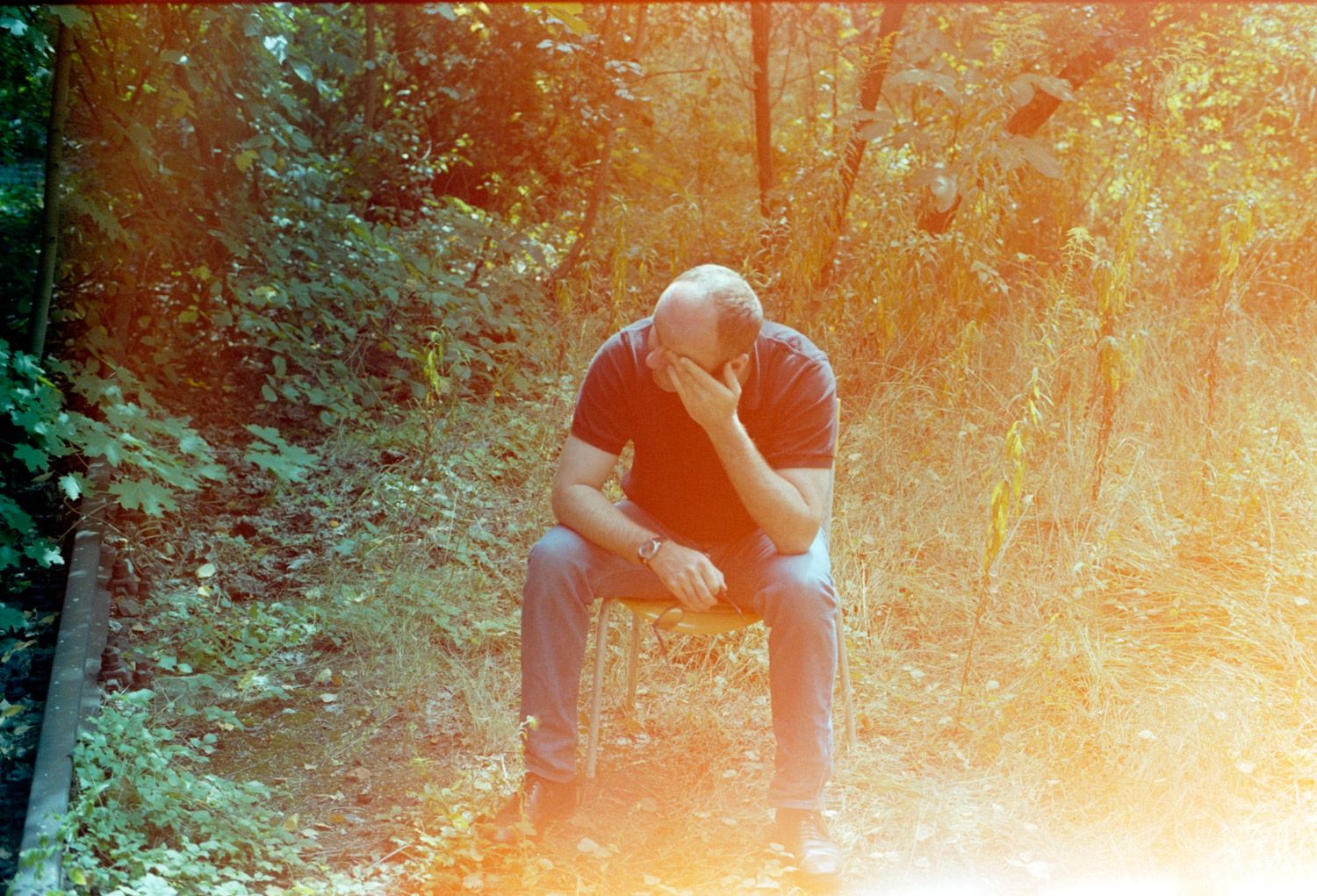WERNER HERZOG
|ALEX RÜHLE
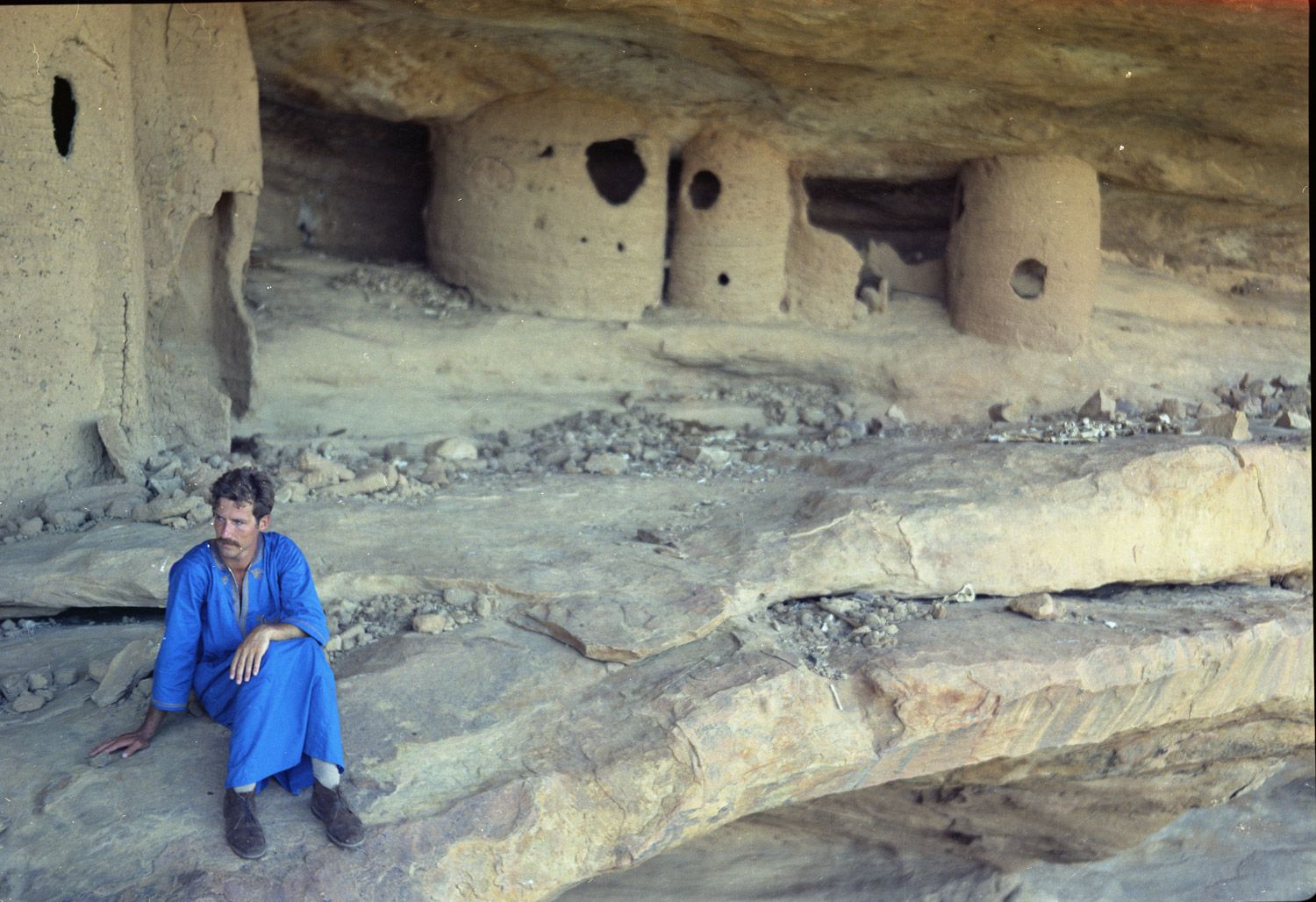
Werner Herzog recently bequeathed the entirety of his archive to the Deutsche Kinemathek in Berlin. He is happy to be rid of the burden; we are happy to take it on.
Once, after being shot by a sniper during an interview, Werner Herzog assuaged the rattled reporter by saying, “It was not a significant bullet.” It was not, after all, the first time he had been shot, nor did it compare to the many perils he had encountered while making films. Yet Herzog rebukes suggestions of being an adventure-seeker, calling them “abominable.” He finds poetry in WrestleMania and Anna Nicole Smith. He maintains fractious relationships with those closest to him, as well as a salt of the earth demeanor. Now in his 70s, Herzog is unencumbered by the treasury of stills, notes, correspondence, annotated scripts, contracts, and clippings he had been accumulating since 1968. “There is only forward,” he says.
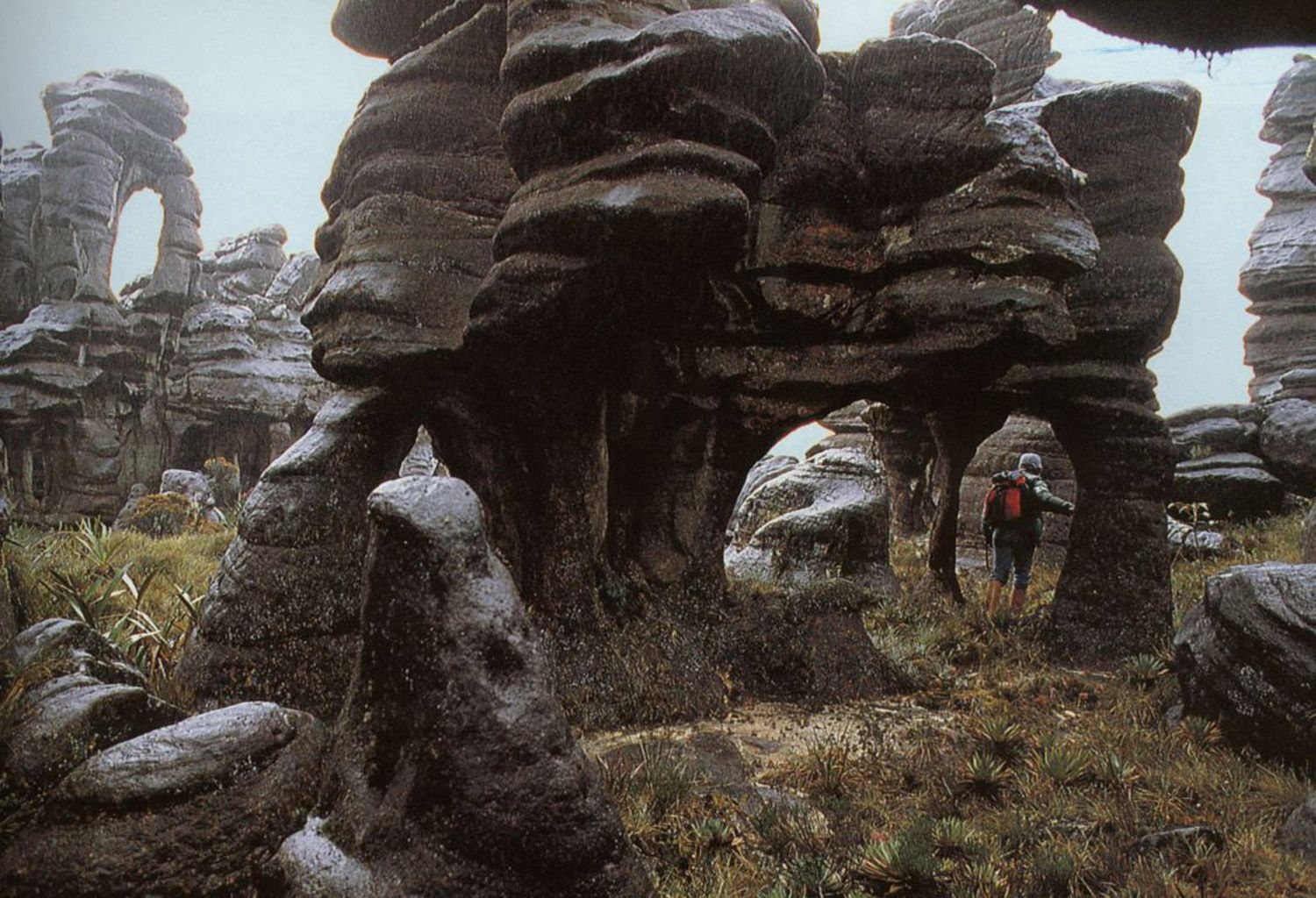
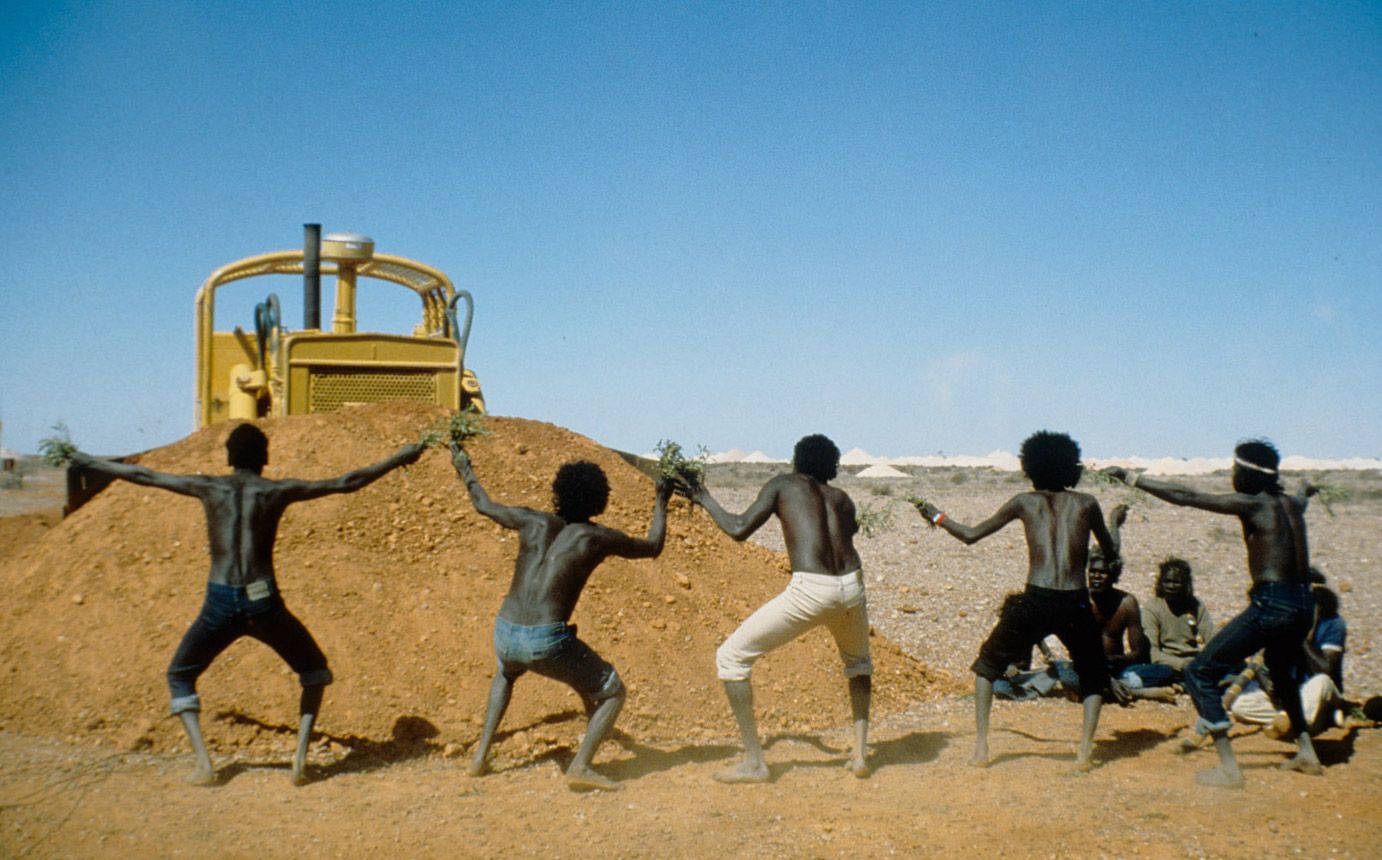
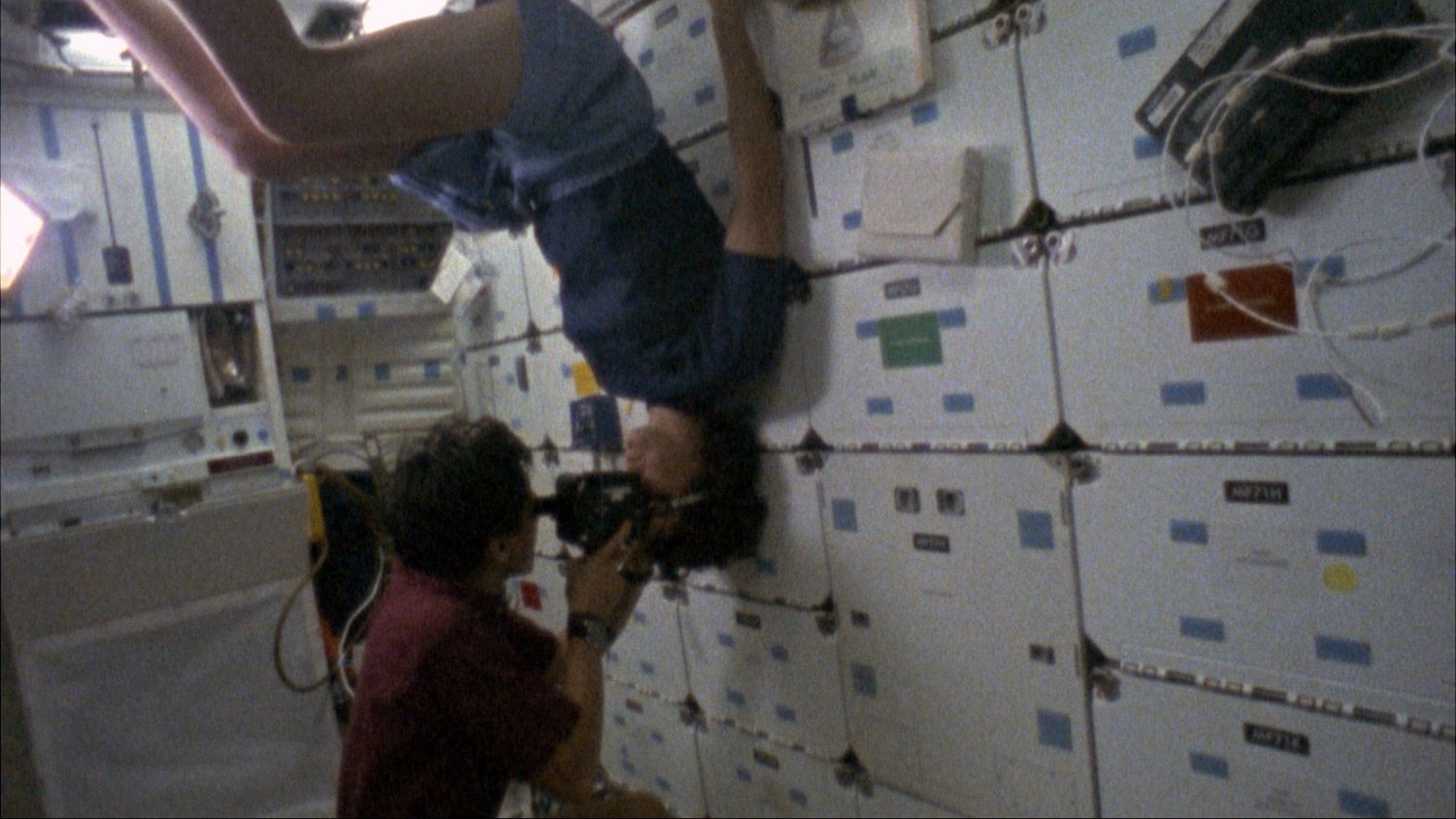
Alex Rühle: Werner Herzog, why do you say that your book, Conquest of the Useless (2004) will outlive all of your films?
Werner Herzog: I think what I have written has more elementary substance than my films.
That’s a surprising assertion for a director of almost 60 films.
Films require actors, producers, equipment; there are so many intermediaries. With the things I’ve written, I know with certainty that they will qualitatively surpass what’s there in the films.
Why are you so sure?
I know without a doubt that no one in the world right now is writing the kind of prose I do. Period. Name someone who’s written something like Of Walking in Ice (1978) or Conquest of the Useless. Spit it out!

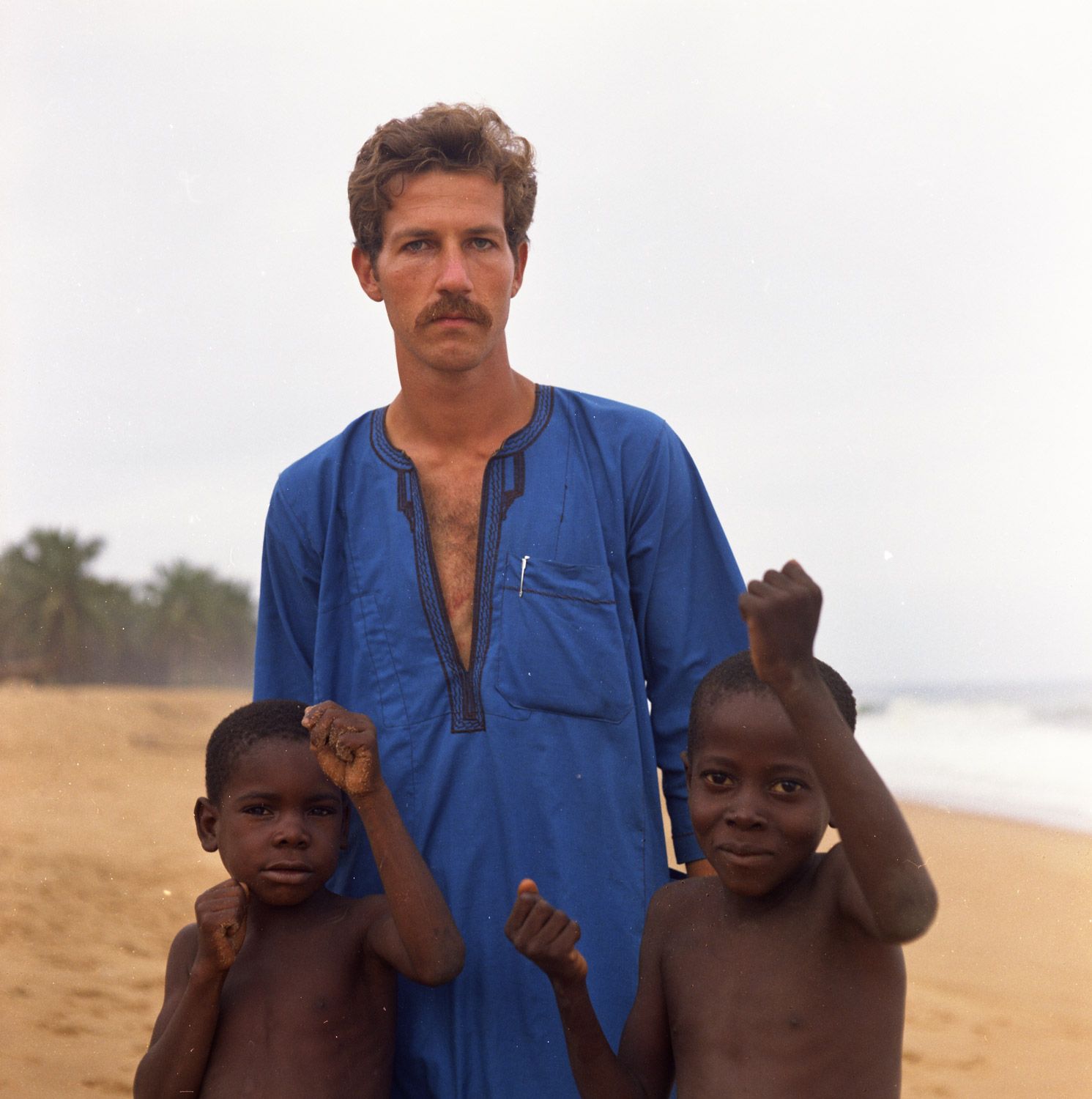
One second, I’m a little taken by surprise by the vehemence of your claim.
Take some time and think about it, it’s true. Conquest of the Useless was originally published as a screenplay – that was a mistake. But over the course of a decade, that amended itself. In the U.S., it’s already understood as prose. Nobody flips through it to learn something about filmmaking.
On the contrary, I can think of an author. Do you know who said the following about you: “Werner was, as I found out, a bundle of contradictions: tremendously dogged, yet vulnerable, affectionate and dismissive, hard-headed and sensual, not particularly up for the stresses of everyday life, yet completely capable in extreme situations.”
That sounds totally fake. I don’t know of any contradictions in me. Everyday life was always manageable. So many peculiar things are buzzing around me these days.
Your friend Bruce Chatwin wrote that about you years ago.
Then I have to accept it.
Conquest of the Useless is the diary from the two-year-long preparation and filming of Fitzcarraldo (1982). You shot the film in the early 80s. Why was the book first published in 2004?
I knew that this text had extraordinary life, but I never risked it, because I knew that it contained a lot of things that could be internalized. I started reading it once, which was physically difficult, because my handwriting in the jungle became more and more microscopic. By the end, half a page fit on the back of a stamp. I could only make it out with the help of reading glasses with strong optical attachments, like jewelers use. Twenty-six years after I made the film, my wife had the manuscript in her hand and told me that I needed to figure it out, otherwise someone else would eventually publish it. I had to have the chance to edit it.
In Conquest of the Useless, I think the descriptions of nature are striking. The jungle as a monster swallowing itself. I don’t know of any other filmmakers for whom nature is so important.
It’s nice that you say that.
Why?
Because it’s obnoxious when critics make me into one of these nature romantics. Read the description in Conquest where an albino turkey mates with a decapitated, bleeding duck.
Precisely. The nature you describe is brutal and indifferent.
It isn’t brutal. It is what it is. Nothing about it bothers me. It’s okay that there aren’t any dinosaurs or trilobites anymore. Also, it absolutely doesn’t make me nervous that one day there won’t be any more human beings.
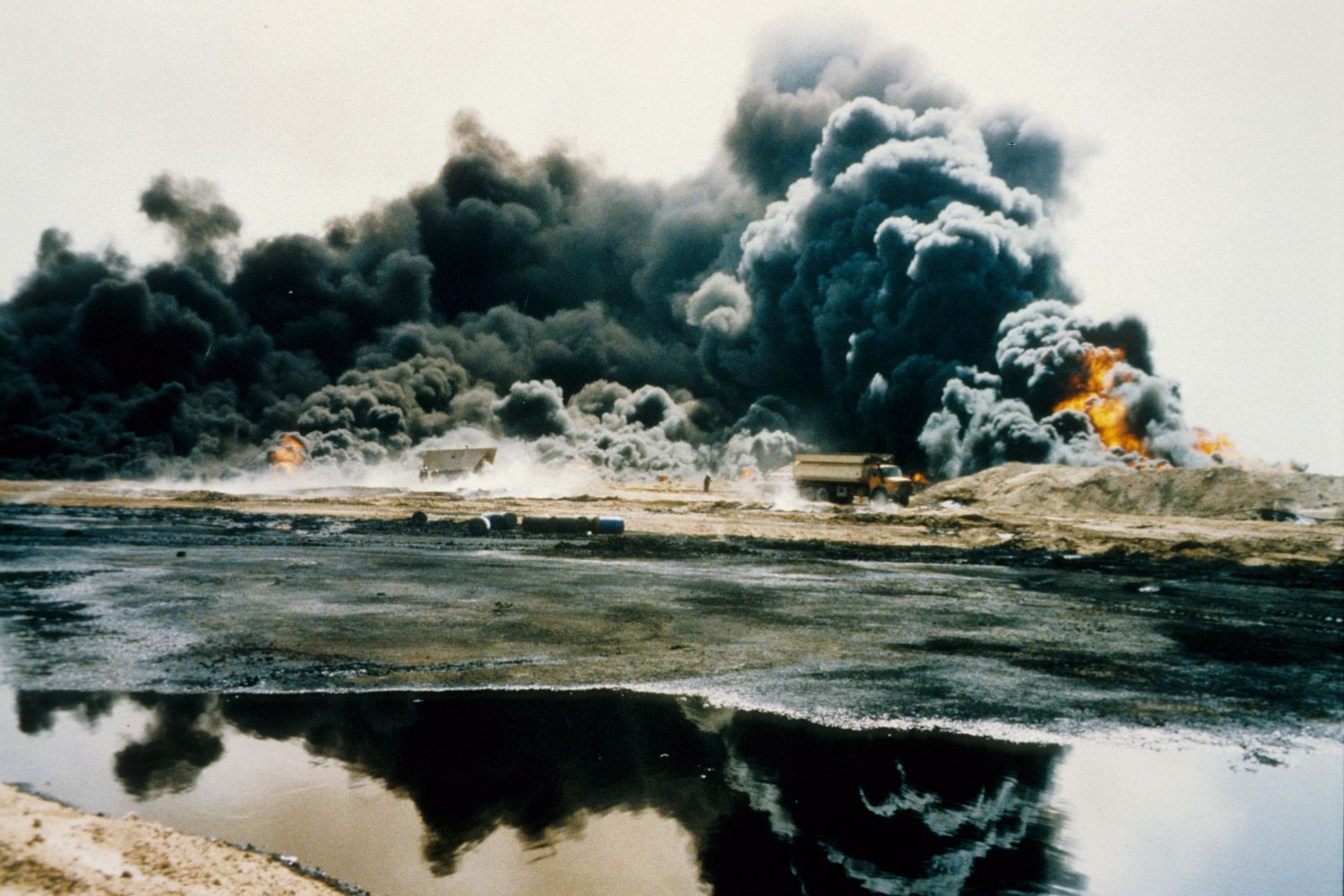
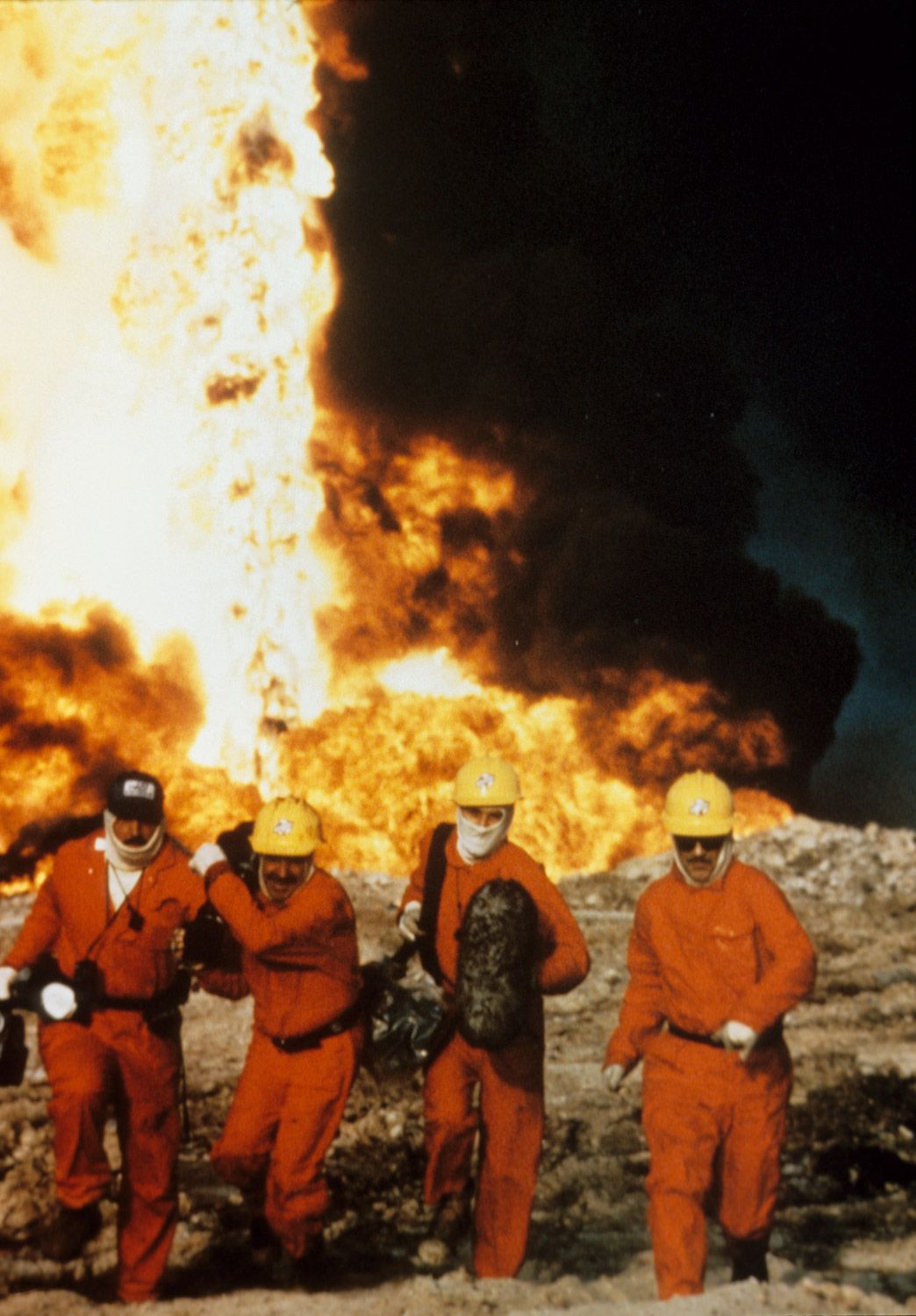
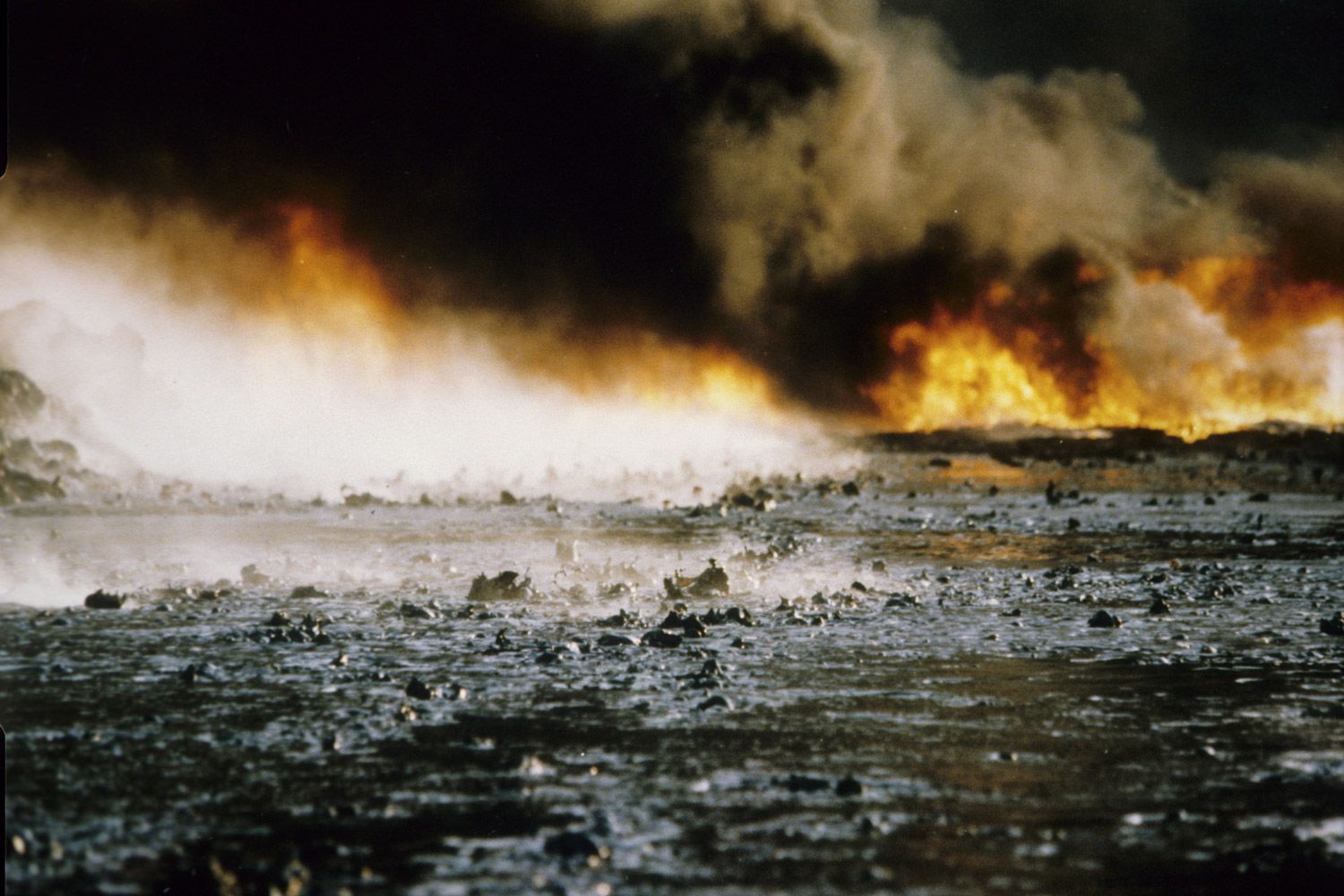
While reading I also asked myself why you’re always drawn to these extreme landscapes. I don’t want to come at you with psychoanalysis.
By no means. That is one of civilizations greatest misapprehensions. In the 20th century there were many catastrophic mistakes, psychoanalysis was one of them.
Why?
It isn’t right that we illuminate the deepest of our psychological depths. Likewise, it’s as big a mistake as the Spanish Inquisition – incidentally, both are very similar things. You had to publicly expose the truth of your belief. Spain never really recovered from it.
Oh come on, being forced to confess under the most brutal torture – one can’t compare that to the intimate setting of an analysis session.
In psychoanalysis the deepest secrets are jerked into the light, that’s not good for anyone. But it’s the type of misapprehension that will eventually sort itself out.
Okay, forget it. Regardless, could I still ask you how influential the nature of your childhood in the Upper Bavarian village of Sachrang was for you?
My childhood was very self-contained, in a way you only know from literature of the 17th or 18th centuries. No running water, we had to make all our own toys. We kids were left completely to ourselves, and it was a world full of wonder. There was the fairy forest and nothing but archaic characters in the village – the man that established himself as the strongest in a tavern brawl – these types of people were our heroes. Even though it was secluded, the outside world wasn’t completely absent. Both my parents were academics, so there was also the world of ideas.
I find it curious that as a director’s diary on the preparations for a film, in Conquest of the Useless script-writing is never even mentioned.
I always write screenplays very quickly. I see the entire film playing before my eyes, writing it is pure copy work. I write it as fast as I can type.
Sounds like Georges Simenon. He often typed up his novels in a few days, but he had to throw everything away if he was interrupted.
It doesn’t bother me if in-between I have to go to the bank or if a friend from Russia visits. But it’s true about the lengthiness of writing screenplays. It never took me more than a week to write a screenplay. Fitzcarraldo took the longest.
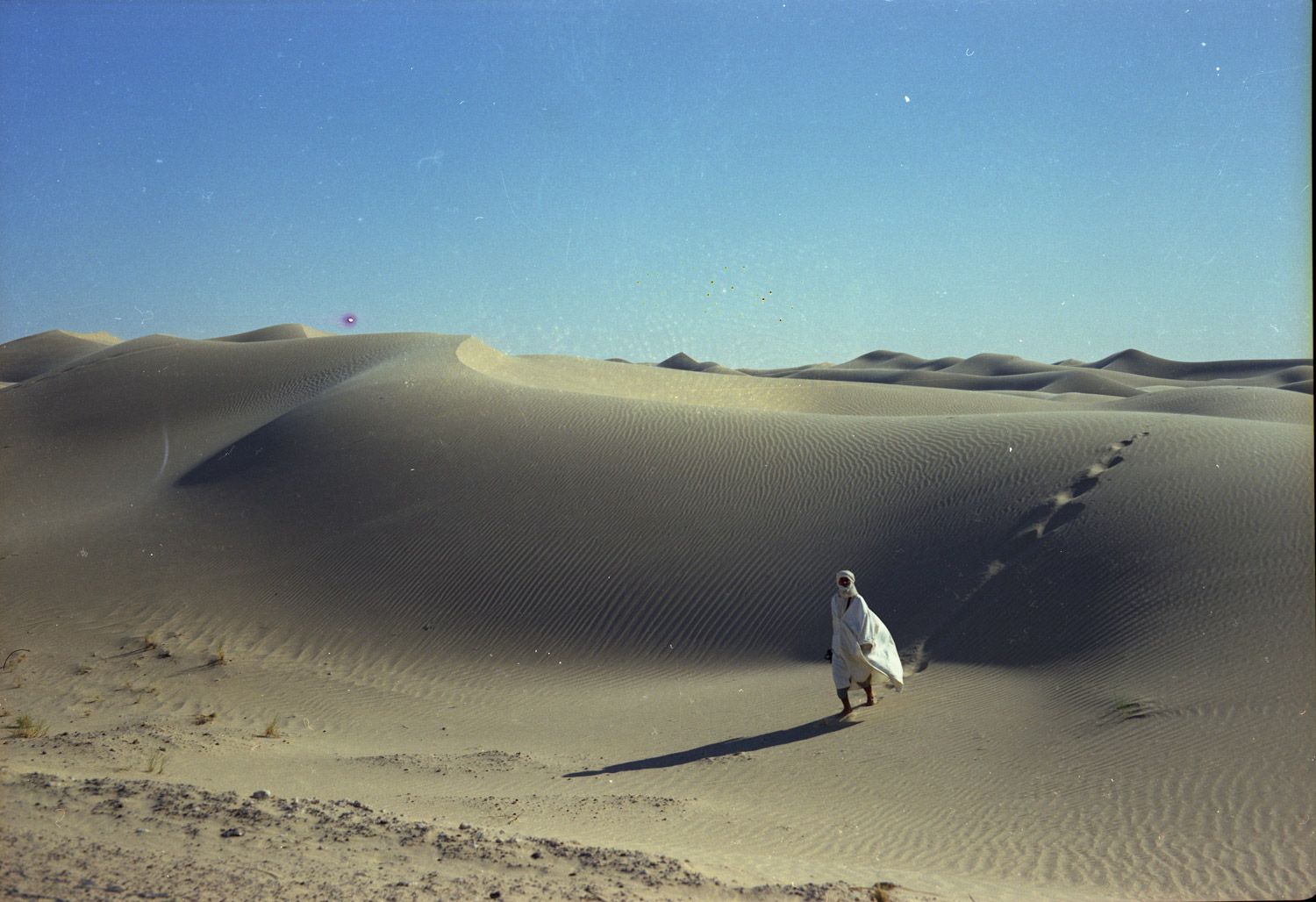
How long?
Nine days. I see a script like someone sitting in the cinema. The film is suddenly there. Like burglars, who show up in your kitchen at three in the morning.
But is there a main idea? A first image?
Fitzcarraldo came to me when I was in Brittany looking for a storm-tossed coastline setting for another film. I slept in cars on the trip, or broke into vacation homes with surgical instruments.
With a lock pick?
No, no, you can only use those for old-fashioned locks. For a security lock you need two fine, needle-like instruments. In any case, it was evening near Carnac as my headlights suddenly hit these menhir. There were over 4,000 menhirs, weighing up to 600 tons; they were dotted up and down the hills of the landscape. It was as if I had been struck by lightning and I slept on the edge of the menhir field. The next morning, when the tourist shop opened, I bought a brochure. It said that only extraterrestrials could have made them. I thought, what complete and utter nonsense; I will only leave this place when I know, as a Stone Age man, how I would have carried these stones across the land and erected them. Within a day I had a solution – ultimately that was the same technique used in Fitzcarraldo to get the boat over the mountain, with ropes and pulleys.
That’s where the film came from?
That was one part. This question completely captivated me: How can I move a thousand tons over land? Later, a friend in Peru told me about a rubber baron who had 4,000 slaves, a billionaire who drowned in a boating accident at 35. It sounded boring. The friend had almost left when he opened the door one last time and said: “Incidentally he dismantled an ocean liner into hundreds of parts and managed to travel via an isthmus to another river system, which wasn’t passable further upstream because of rapids. That’s how he was able to get a huge rubber territory for himself.” I knew then, that’s Fitzcarraldo, and he has to get a ship over a mountain. Overnight the entire film was there.
Script writing can’t work in the same way with your documentary films.
No. There I have to be quite open, because I don’t know what will come out. And: You have to know the heart of men! I’m making films about people sitting on death row in Texas and Florida, waiting to be executed. I go in and I know I have 50 minutes. There will probably be no second meeting. So I have to strike the right tone immediately. After 48 minutes I always feel the hand of a guard on my shoulder, making it clear that I only have 120 seconds left. Then they pull the plug out of the wall.
Do you know in advance what you’re going to talk about with the prisoners?
Recently I filmed someone who killed a girl – who had just learned to walk – during an exorcism ritual because she was supposedly possessed by demons. He is the youngest person on death row; he doesn’t look like he’s fully-grown, he’s a bit flabby. I knew the devil was sitting across from me. In this case there was only one thing I wanted to ask: I wanted to talk to him about the devil. Who is it? Does he have horns? Or is he the devil himself? But I couldn’t ask him the last question myself. He started talking about it on his own.
Do you also portray innocent people in this series?
No, only convicts where there was no doubt that they committed the crime. I always make it clear to them in advance that my film will not serve as a platform for them to prove their innocence. Three spoke completely openly about the murders. Two flatly contest it, but there was always overwhelming incriminating evidence, so I didn’t doubt the verdict of guilt. The question is just if they should be executed.
Should they?
No. Categorically, no.
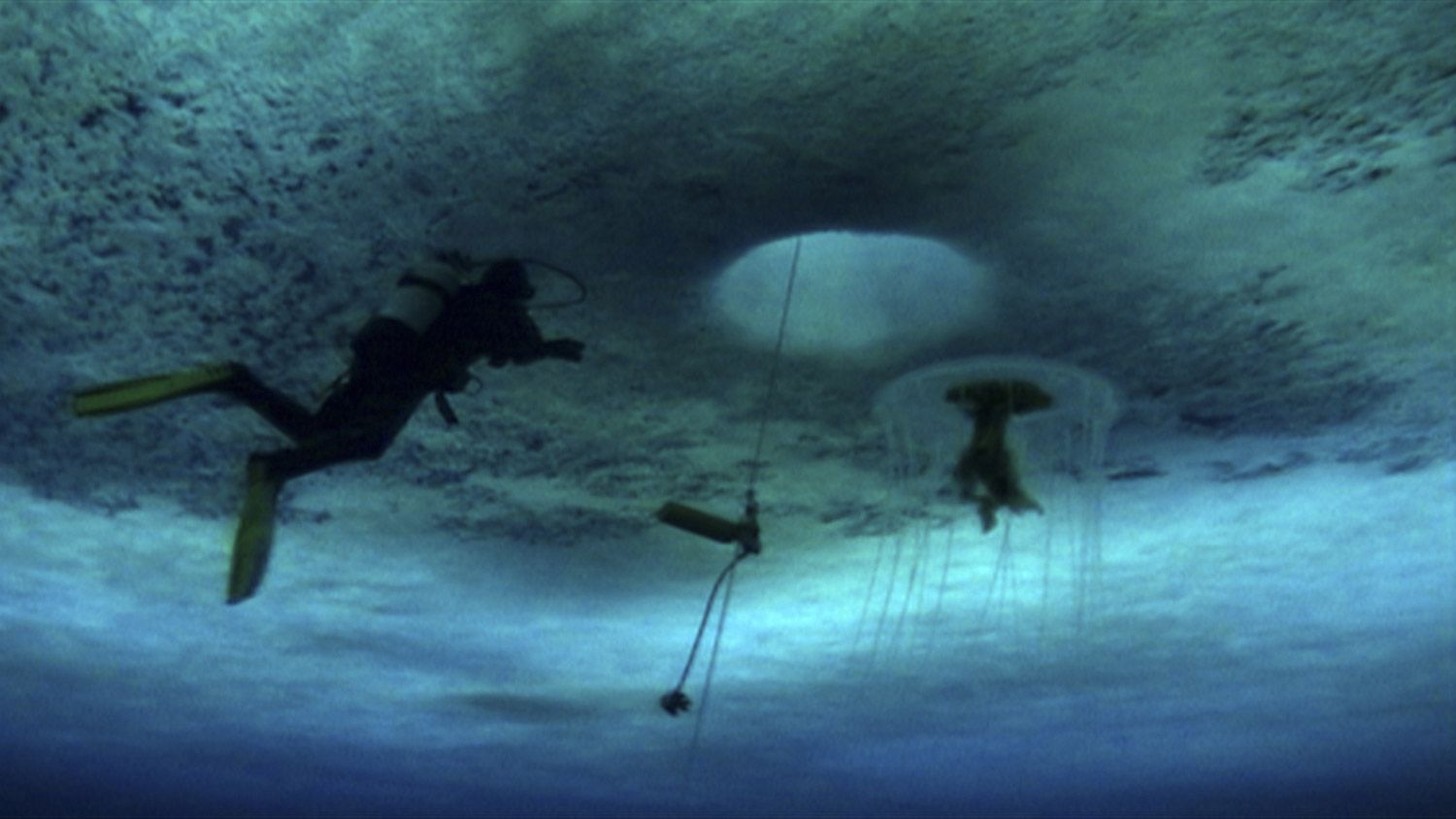
Was that the impetus behind making this series?
No, this is only a marginal phenomenon. I am in the U.S. as a guest – as a German I won’t dictate how they should run their criminal justice system. I just knew I had to do this now.
When you were 14 you already knew that you would be a filmmaker and a poet. How did you know?
I knew then that I was a poet. This insight came to me during a three-week period that was dominated by great upheaval. That was the time when I became a Catholic and began traveling. Or shall we say, started traveling by foot.
But at 14 you couldn’t have read that much.
Nothing. Also, I had hardly seen any films. Literature started at 17, 18. Kleist, Hölderlin. And above all: Quirinus Kuhlmann!
Who?
You see! In literary history today, he’s been labeled as a complete nutcase. In fact Kuhlmann is almost as meaningful as Hölderlin, because he penetrated the very boundaries of language. He was a religious zealot who traveled on foot throughout Europe, organized the last crusade, and wrote himself into delusional religious ecstasy. He took everything literally. Back then alchemists were looking for the philosopher’s stone, and Kuhlmann was digging around for it with his spade in Silesia. In the end he was burned for heresy on the Red Square in Moscow. You have not read about it!
You put an extreme importance on the value of reading to the students at your Rogue Film School.
I don’t tell my students, “Read.” I say, “Read, read, read, read! Read!!” If you don’t read you lose the world, and you will never make a great film in your life.
There’s even a list at the school of six or seven books that are mandatory reading.
Yes. Vergil’s Georgics (Georgica, 29 BC), the Icelandic Poetic Edda, Hemmingway’s short story, The Short Happy Life of Francis Macomber (1936), “The Warren Commission Report” (1964) because there isn’t anything more suspenseful, Bernal Diaz del Castillo’s eye-witness account of the conquest of Mexico, and The Peregrine (1967) by J. A. Baker, one of the greatest books of the 20th century. It’s entirely about observing peregrine falcons. In it is an incredibly dense prose and an enthusiasm which is outside of itself.
You often speak of the “ecstatic truth” as opposed to factual truth. Why is ecstasy so important for the production of art?
It’s about ardor. Anyone who doesn’t have ardor and sympathy for the physical world will never be a great filmmaker. And most likely won’t be a great writer either. That said, as important as reading, is walking. To travel on foot. I don’t mean tourism. Or wanderlust.
Do you still walk long distances? You live in Los Angeles, the city of cars.
I’m not a walker or backpacker! I mean walking in the archaic sense. Like Villon. Or Hölderlin.
Apparently he would write poetry while wandering. I also wrote Of Walking in Ice while walking. Your book about walking from Munich to Paris in 1974 – what makes walking so worthwhile?
I can only say it in verse: The world reveals to those who travel on foot.
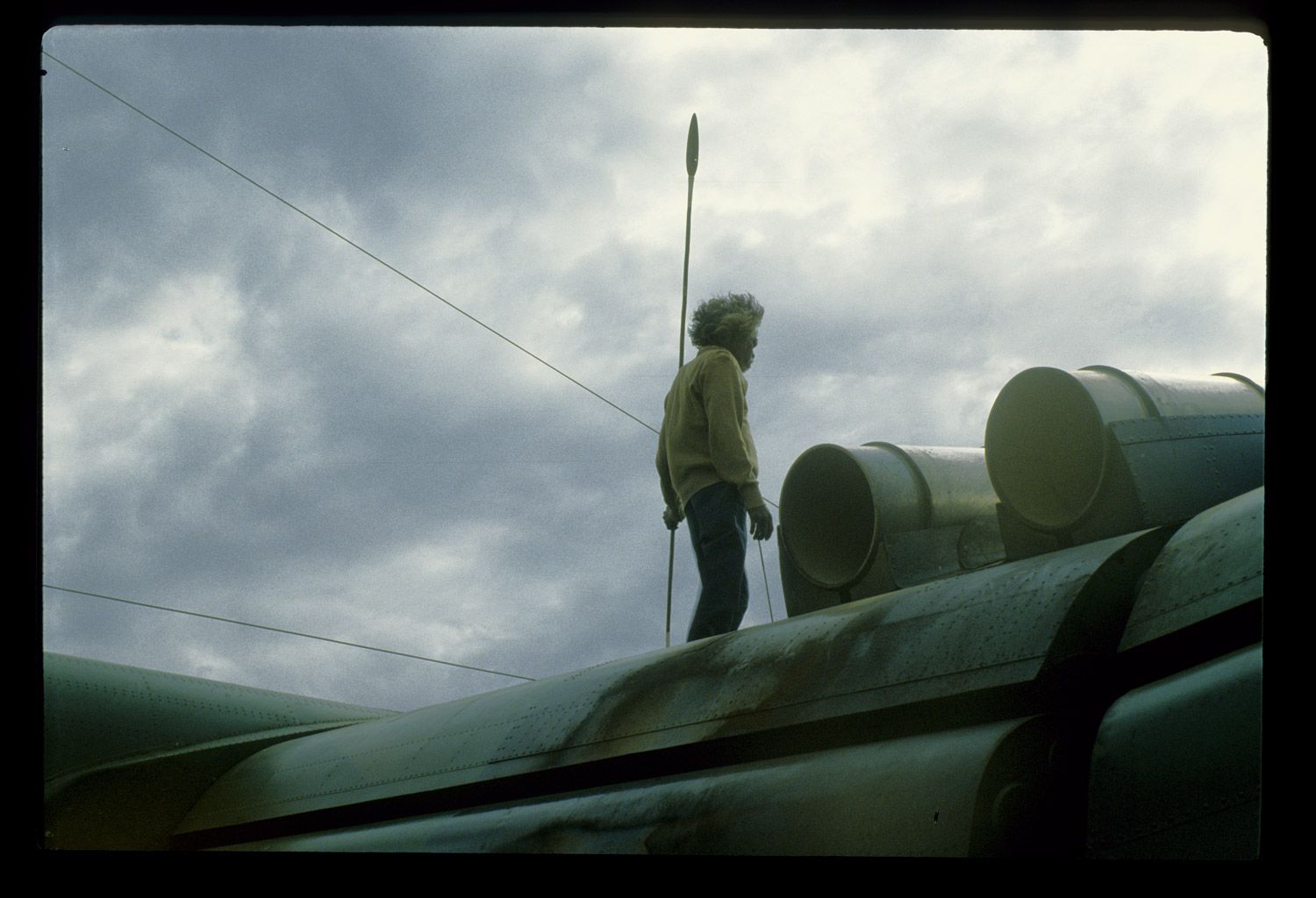
Is it true that Bruce Chatwin bequeathed a rucksack to you before his death with the explanation: You’re the one who has to wear it now, you’re the one who’s walking.
Yes. And I always have that rucksack nearby.
Didn’t you also wander around Germany?
As Willy Brandt said in the Bundestag in 1984, the book of German unification is closed, I set out and I wanted to walk the entire border.
Also in the East?
That was the plan. But I couldn’t bear to walk counter-clockwise; it only worked clockwise, so that Germany would always be to my right. I can also only sit like that in the cinema, so that I have the screen slightly to my right. I started in Sachrang, then to Austria, Switzerland, France, Belgium, Holland, always on the border – 1,400 kilometers to Denmark. Then, unfortunately, I got sick.
So: one must read and walk. Do you also watch a lot of films?
Barely. Sometimes only two a year. Now and again I’ll watch bizarre and horrifying things on television like The Anna Nicole Smith Show or WrestleMania. I’m interested in how the world in which I find myself is conditioned.
What about the big series like Breaking Bad or Mad Men?
I don’t watch everything. I had a small guest role on The Simpsons. When they invited me to play myself I asked, why should I be speaking? I thought it was like a comic strip, like Peanuts.
What is most important for an artist?
I’m not an artist, I’m a soldier.
Well, what makes one a soldier?
A sense of duty. Courage. Cleverness on the terrain. To answer your first question, self-sufficiency is important. I tell my students, work as a bouncer for six months at a sex club. Then you’ll have the money to make your film with five people. Then shoot your film here in the suburbs, or somewhere outside. The main thing is, you don’t have to spend half your life in a studio.
You, who insist so much on self-sufficiency, have just given all of your works to the Deutsche Kinemathek.
I want all my works to be viewable on the Internet. I like that so much about the Americans; whether it’s NASA or court documents – there, all government documents belong to the people. I asked NASA, “Excuse me, I’m Bavarian, does this also belong to the Bavarian people?” “Yes, and to the Nigerian people or the people of Uruguay.” What a great attitude. I will give all of my stuff to a public foundation. However, it won’t belong to me anymore. If I became poor, I can’t get it back. But I don’t have a problem with that at all.
You say that because you have a lot of money?
I’ve always invested everything that I’ve earned in the next film.
Existential anxieties are foreign to you?
As long as I have a roof over my head, am able to afford a book and some food, everything is good.
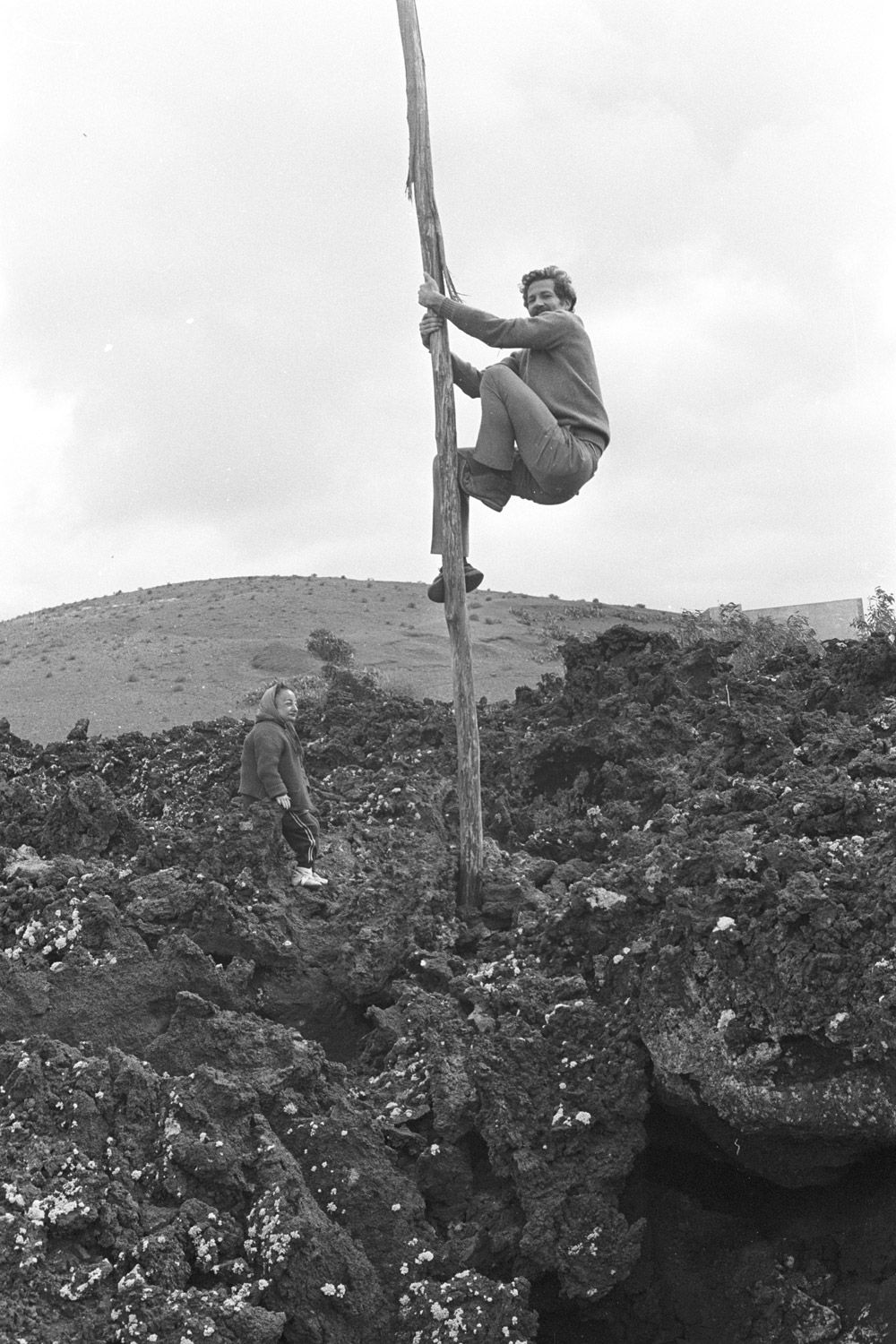
Credits
- Interview: ALEX RÜHLE
